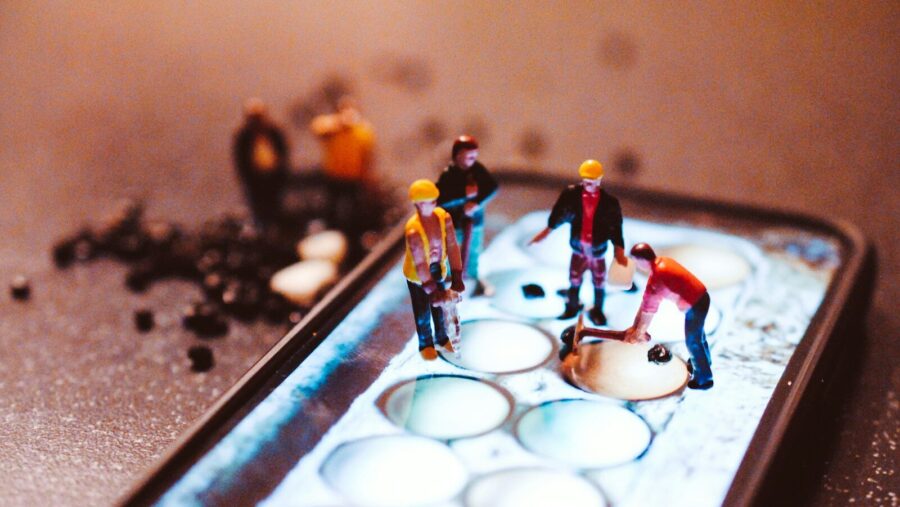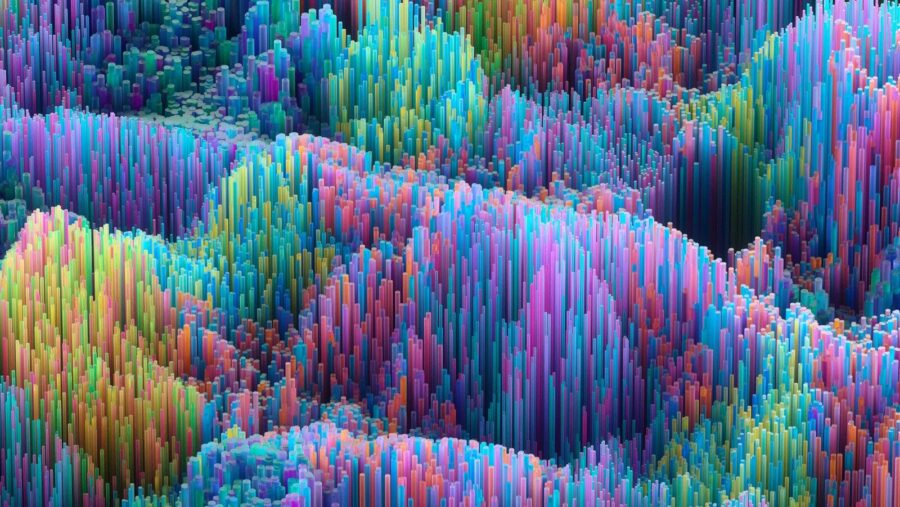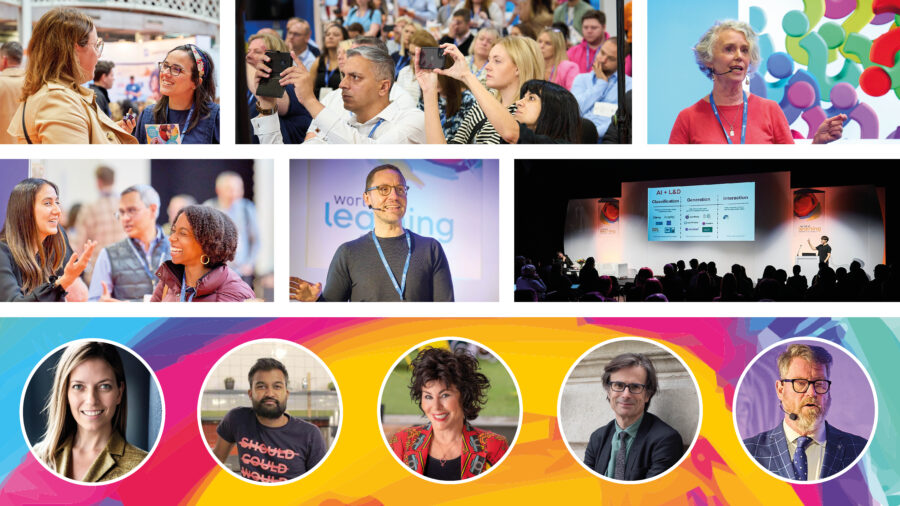Are your people doing work assisted by Generative AI? Are you? Perhaps you are part of an L&D team increasingly using AI to help design learning interventions, create content or even building Generative AI tools into the programmes and resources you are developing to help people build capability.
In this recent article in Forbes Magazine Hod Fleishman of Boston Consulting Group lays out his concerns that people’s expertise will be lost as Generative AI performs more and more tasks previously undertaken by those who had mastered skills over years of practice and experience.
More importantly, and of particular interest to those of us engaged in helping people build skills and capability, he worries that some tasks will be undertaken by those without the need to develop the basic skills previously required.
Eventually, the ability to perform these tasks without machines will be lost entirely.
Nothing new here. This is a common concern raised about technologies in the past – from calculators to spread sheets; from spell checkers to GPS – the cry that adopting technology deskills people and creates a unhealthy levels of reliance on new innovations, has rung out from a multitude of sources.
That is not to say that skills and capabilities will not change
Plato, Socrates, AI…
According to Plato, Socrates declared that being able to write things down ‘discouraged the use of memory’ and, as such, was a thoroughly bad thing. That was recorded around 2,500 years ago – if I remember rightly!
That is not to say that skills and capabilities will not change and will require change if we are to work alongside Generative AI. I agree with Fleishman here, I’m just not sure that this is a bad thing.
There are two fundamental misconceptions in the Forbes article which are common to many of these arguments.
One: Technology is about speed and efficiency.
At the heart of this is the idea that Generative AI and other technologies as yet undreamt of – will primarily be deployed to do what we do now more quickly. At the moment, as people experiment with applications for Gen AI we are undoubtedly focusing on doing more of what we have already done. In our field, the focus has been on creating more content.
The trouble is, I’m not sure that what L&D needs now is more PowerPoint slides, more teach and test e-learning and more animated videos.
Limits on the effectiveness of Gen AI will not flow from the ability of the technology, but from the paucity of the imaginations of those using the tools. I think we will create new things and new solutions to the challenges and opportunities we face by harnessing the power of these technologies.
In our field, if that means that we will enable people to build their capability in ways which go beyond the current course paradigm, thank goodness for that!
Two: People learn from experience
As philosopher and psychologist, John Dewey said around 100 years ago, “we do not learn from experience, we learn from reflecting on our experience”.
In other words, to learn from our experiences we need to reflect on what happened, what results were obtained, how, and how it may have been done differently or – ideally – better (whatever better means within that context.)
Today, that context may include using Generative AI to achieve an outcome and our reflection will cover both what was produced but also how it was produced and how we used the tools available to us. Critical thinking, problem solving and recognizing where tools can assist us to do things we were previously unable to do, will be vital capabilities for the future.
Whether we use AI to assist or not, those uniquely human skills will be required.
How will Generative AI change things?
It is concerning that Generative AI could create undesirable situations for people in work in the way that other technologies have done in the past.
Automation has led to massive job losses in many manufacturing industries – the US rust belt has been created not only by offshoring production facilities but by reductions in the need for labour in robot controlled factories.
The fear that AI will do to knowledge work what automation did to manual work, is a real concern. It need not happen that way, but we can’t deny that work will change.
AI derives its outputs from the data on which it has been trained.
Imagining a future with Generative AI
If we stick to doing the same things we always did, then Generative AI will become better, faster and more accurate at performing those tasks than humans.
But what if we imagine new things we could do, produce and generate? Things which were impossible without the tools now available? What does that do to work and to the nature of capability?
I heard an interesting comment the other day and it may not be new to you:
“I want AI to do the laundry and wash the dishes so I can devote more time to writing and creating art. I don’t want AI to write and create art so I can spend more time cleaning the house.”
No sign of Generative AI cleaning the house just yet – but I do have high hopes for domestic robots.
But not much sign of AI creating art either. Yes, some artists are adapting their practice and using AI. But I am not an artist. I can ask an image generator to give me a picture in the style of Roy Lichtenstein, but that no more makes me Roy Lichtenstein than asking ChatGPT to output a story in the form of Jane Austen makes me an 18th Century female novelist.
New options
Generative AI presents options to utilise art, literature, cinema and ground breaking musical genres.
AI derives its outputs from the data on which it has been trained. But then – by definition – it is derivative.
For it to be truly creative – to create things as yet unimagined, to make new breakthroughs, to do different work – will require the power of imagination, the gift of vision and the creative restlessness unique to the best of humanity.
Those skills ain’t getting lost to Generative AI any time soon.









